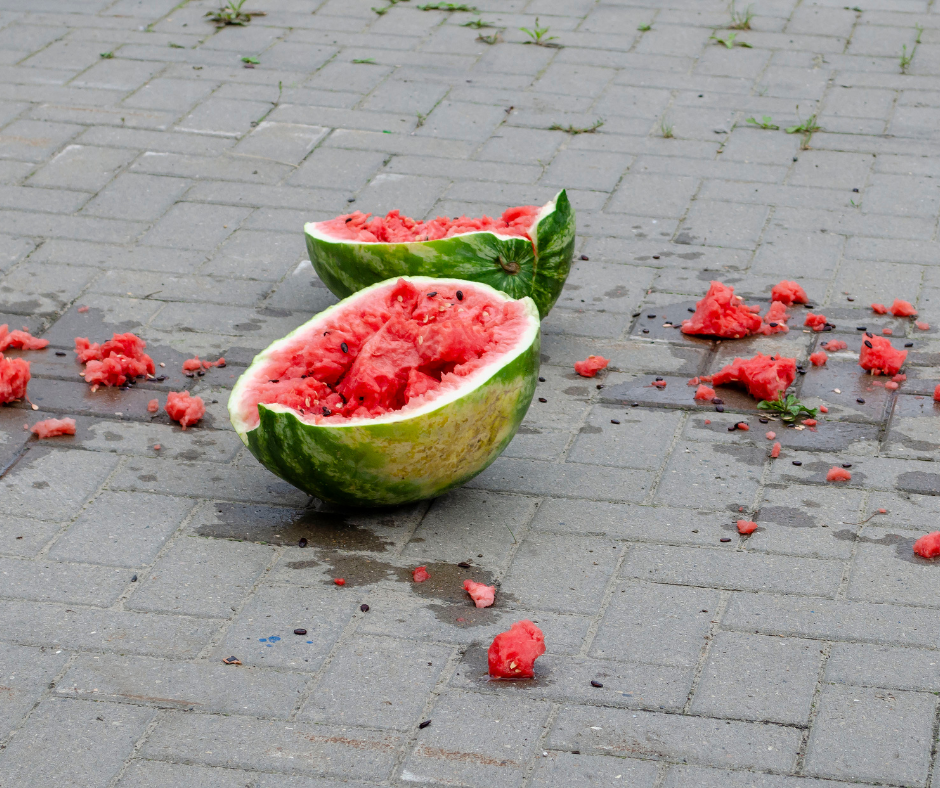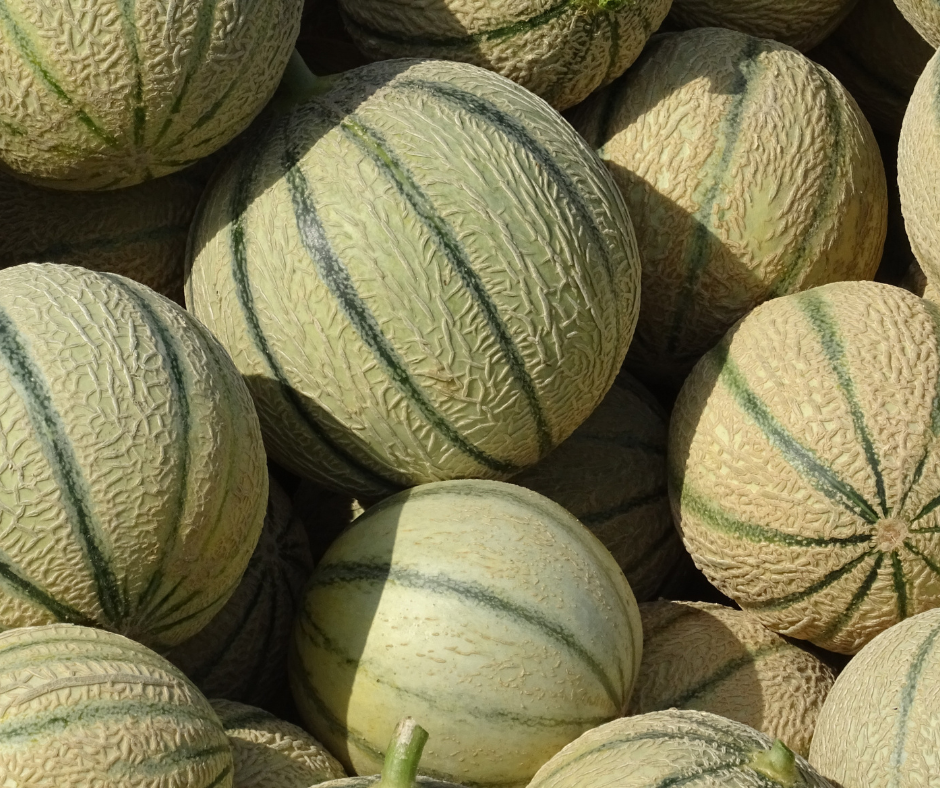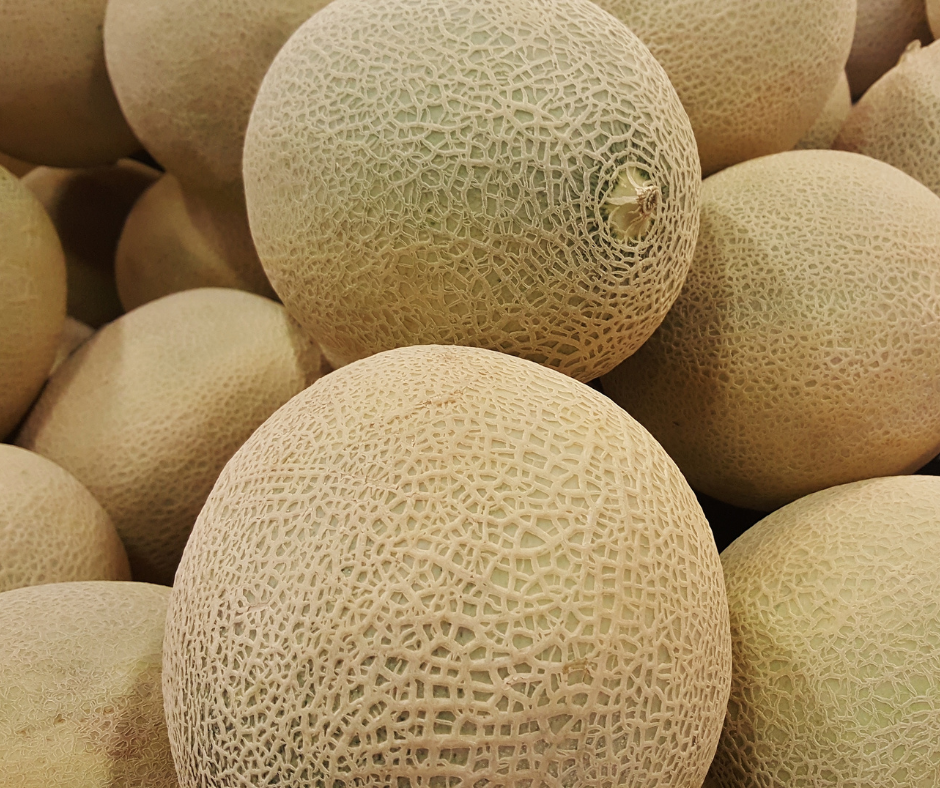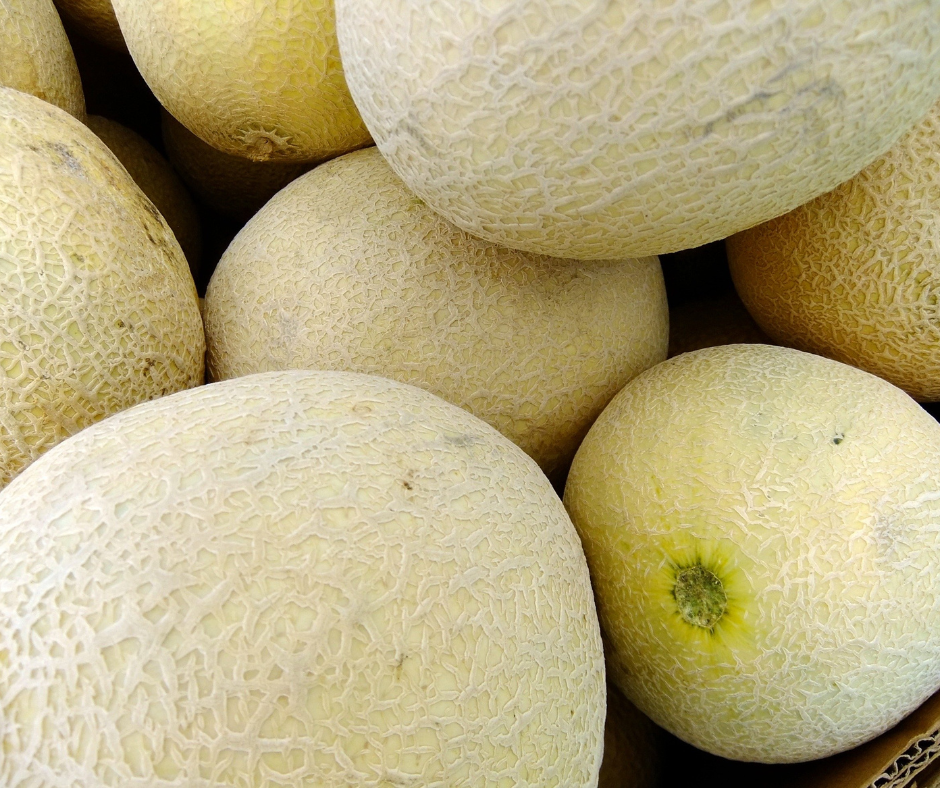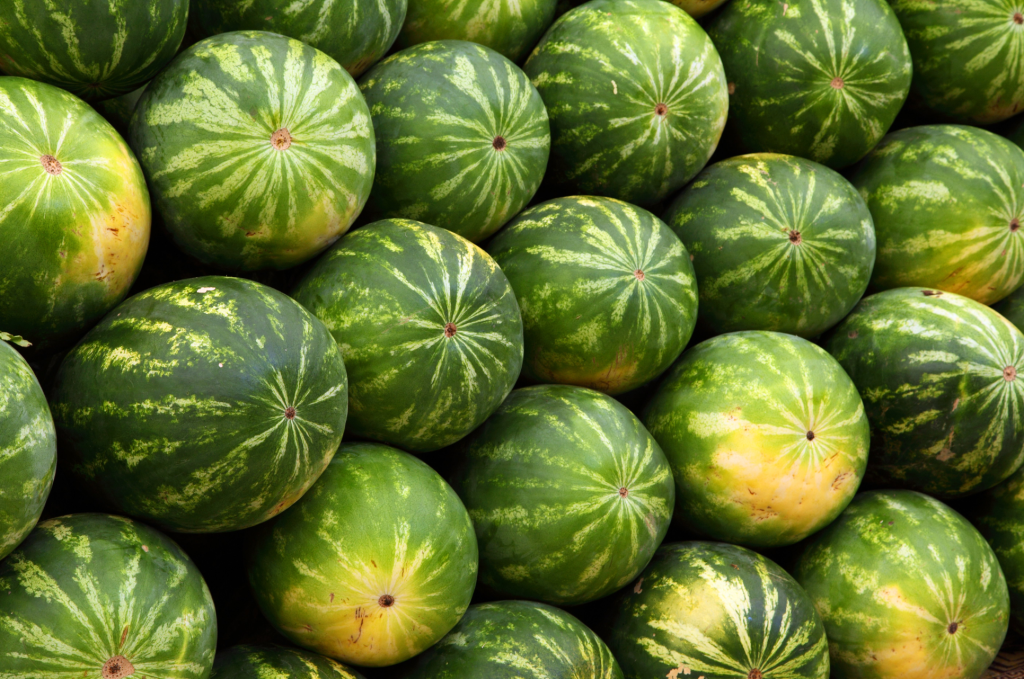Breast Health
Smash a melon,
NOT My boob!
Learn the Risks.
Explore Safer Screening.
Join the Movement for Informed Breast Care.
#SmashAMelonChallenge
Smash a Melon Challenge
Social Media Challenge
October is Breast Cancer Awareness Month—but awareness isn’t enough. It’s time for action: informed choices, safer screening, and ending unnecessary harm.
Smash a Melon, NOT My Boob! is a social media challenge questioning the status quo of breast cancer screening. While mammograms have been promoted for decades as life-saving, the truth is more complicated. Mammographies are often thought to be the “gold standard” for screening but they can fail the majority of women (over 50%) who have dense breasts. Many women are never told about the real risks—underdiagnosis (missed cancers), false positives, overdiagnosis, unnecessary surgeries, radiation exposure, and emotional trauma—all without clear evidence that screening saves lives for most women.
Our mission is simple: empower women with facts, not fear. We advocate for informed choice and safer alternatives—because protecting your health should never mean unnecessary harm.
Join us in the Smash a Melon challenge to learn the truth about mammograms, explore smarter screening options, and take action for real change in women’s health. It’s time to smash the myths, not the women.
Breast cancer awareness
Social Media Challenge
Breast cancer imaging isn’t one-size-fits-all. Discover the facts about mammogram risks, overdiagnosis, and safer alternatives—so you can make informed decisions about your health.
Join the movement for Informed Breast Care. Here’s how:
Smash a Melon – Grab a melon. Film yourself smashing it. Share on social media with #SmashAMelon and #NOTMyBoob.
Nominate Friends – Challenge and tag others.
Choose Safer Screening – This month, try a radiation-free alternative instead of a mammogram.
Donate & Support the Cause – Help us advocate for informed breast care worldwide
Why Smash a melon, NOT My boob?
Informed Choice
Why Smash a Melon? Because crushing fruit for awareness is fun, but crushing your breast in a mammogram is not. Truth about mammograms is messy—just like this smash. Overdiagnosis, and unnecessary treatment, are real harms, and they affect millions of women worldwide. Every year, women across the globe are overdiagnosed and overtreated, leading to lifelong anxiety, unnecessary treatment, and even complications from treatments they never needed. This isn’t awareness—it’s a crisis in informed consent.
It’s time for informed breast care, where every woman knows her risks, understands her choices, and is empowered to make the best decision for her body.
This October, let’s make a change. Join the #SmashAMellonChallenge to raise awareness and spark a movement for safer, smarter screening options. Your action can create a ripple effect that inspires millions.
“I alone cannot change the world, but I can cast a stone across the waters to create many ripples.” – Mother Teresa
Change starts with us—and it starts today. Let’s cast that stone together. Smash a melon, start a ripple, and help women everywhere take back control of their breast health.
Mammogram Risks
What You’re Not Told About Mammograms
Mammograms have been promoted for decades as life-saving, but the truth is more complex. Every woman deserves to know the real risks, including:
✔ Under-diagnosis Mammograms actually miss 40% of INVASIVE cancer in dense breast tissue.
✔ False Positives – Leading to additional imaging, unnecessary biopsies and stress.
✔ Overdiagnosis – Detecting harmless conditions that would never cause harm, like many cases of DCIS.
✔ Unnecessary Treatment – Surgery, radiation, and chemotherapy for cancers that might never progress.
✔ Radiation Exposure – Cumulative X-ray exposure over time induce DNA damage and cancer.
✔ Compression and radiation can cause pain and injury to sensitive breast tissue.
✔ Psychological Harm – The fear of cancer—whether or not it’s truly present—can deeply impact a woman’s mental well-being and overall quality of life.
Breast Screening Options
Safer Breast Screening Options
Mammograms aren’t the only choice. There are radiation-free alternatives that reduce harm while providing important insights:
✔ Breast Self-Awareness & Clinical Exams – Know your body and get regular professional checks.
✔ Auria Tear Test – At-home breast health screening test that identifies whether there may be breast tissue abnormalities.
✔ Thermography – Detects heat patterns for early warning without X-rays.
✔ 2D, 3D, ABUS & SonoCiné AWBUS Ultrasound – Sound-wave imaging, safer for dense breasts.
✔ QT Imaging – Advanced ultrasound systems for full-breast, no-radiation scans.
Breast care should be informed, safe, and personalized—not one-size-fits-all.
Why This Matters
The DCIS Dilemma
Did you know? Most cases of DCIS (ductal carcinoma in situ) are non-invasive and may never become cancer. Yet, they are treated like cancer—with mastectomy, hormone blockers, chemo, radiation, and lifelong anxiety.
Overdiagnosis and overtreatment are real harms caused by routine screening. For every life saved by mammograms, many women undergo unnecessary treatment that affects their quality of life.
You deserve informed consent. You deserve real choices.
Take Action
Smash a Melon, NOT My Boob!
Join the movement to spread awareness and demand safer breast care. Together, we can stop unnecessary harm and make breast imaging safer.
Smash a Melon – Grab a melon. Film yourself smashing it. Share on social media with #SmashAMelon and #NOTMyBoob.
Nominate Friends – Challenge and tag others.
Choose Safer Screening – This month, try a radiation-free or personalized alternative instead of a mammogram.
Donate & Support the Cause – Help us advocate for informed breast care worldwide.
Smash a melon, NOT my boob!
Disclaimer
The information provided on Smash a Melon, NOT My Boob! is for educational and awareness purposes only and is not a substitute for professional medical advice, diagnosis, or treatment. We are not medical professionals.
Always seek the advice of a qualified healthcare provider regarding any medical condition, screening decision, or treatment option.
Connect with us today and join our challenge!
Subscribe
Join the conversation
Help us smash the silence.
